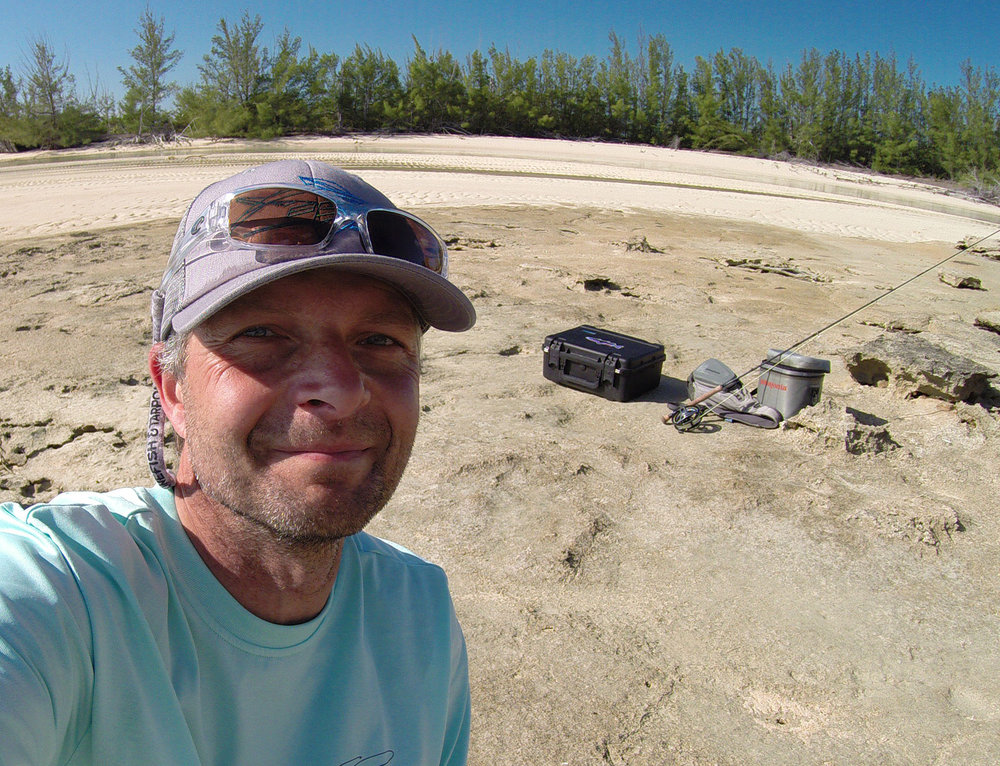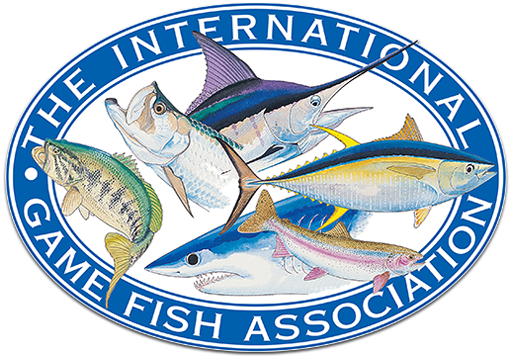Dr. Andy J. Danylchuk
Professor of Fish Conservation, Department of Environmental Conservation, University of Massachusetts Amherst

Throughout his life, Dr. Danylchuk has been on a personal crusade to ensure that fish are around for future generations to enjoy, whether on the end of a fishing line, on a dinner plate, or simply to watch in wonder. His work spans both marine and freshwater systems, and includes stress physiology, behavioral ecology, spatial ecology, predator-prey interactions, and adaptations in life history traits as a response to natural and anthropogenic disturbances.
Andy’s academic history began with a undergraduate degree in biology and environmental sciences at Trent University, including a honors thesis on marine fishes in Jamaica. This research experience laid the foundation for graduate degrees focused on fundamental elements of fish biology and ecology, receiving a Master’s degree from Trent University and PhD from University of Alberta. During his PhD, Andy received several awards for teaching and research, including the Peter Larkin Award from the Canadian Aquatic Resources Section of the American Fisheries Society. Following graduate school, he was instrumental for the development of the Cape Eleuthera Institute, in The Bahamas, before joining the Department of Environmental Conservation at the University of Massachusetts Amherst in 2009.
Much of Andy’s current research focuses on evaluating the potential impacts of recreational angling on fish populations and working with stakeholder groups to develop best practices for catch-and-release. Fish species he has studied include bonefish in The Bahamas, Puerto Rico, and the South Pacific, Atlantic tarpon and permit in the Florida Keys, and striped bass and sea-run brook trout in New England. He has also done or continues to do research on fish in Canada, India, Republic of Kiribati, Brazil, Argentina, Costa Rica, Guyana, and the Seychelles. Andy and his graduate students are also working on several species of sharks (great hammerhead, tiger, white sharks), examining their essential habitats and how they interact with humans. Some of this work involves the use of telemetry and associated emerging technologies to understand the ways fish (including sharks) function under “normal” and disturbed conditions, and combines the results of these studies with laboratory and field manipulations to identify specific mechanistic causes of stress.
As a strong advocate for experiential education and developing novel ways to share crucial information about conservation, Andy uses video media and documentaries as a mechanism for informing and empowering people to make better decisions when it comes to fish and their essential habitats. To help broader efforts related to fish conservation, Andy is the Science Advisor for Keep Fish Wet, Member of the Science and Policy Committee for the American Fly Fishing Trade Association, a Scientific Affiliate for International Game Fish Association, Bonefish & Tarpon Trust Research Fellow, Board Member for Indifly (Foundation), and Fellow for The Explorers Club. He also serves as an Ambassador for Patagonia, Thomas & Thomas Fly Rods, and Sight Lines Provisions. Andy has also received a Distinguished Teaching Award at UMass Amherst, an award for Excellence in Public Outreach from the American Fisheries Society, the Flats Stewardship Award from Bonefish & Tarpon Trust, and most recently, the Excellence in Fisheries Education Award from the American Fisheries Society.
Website
